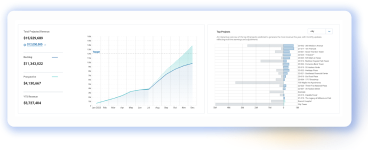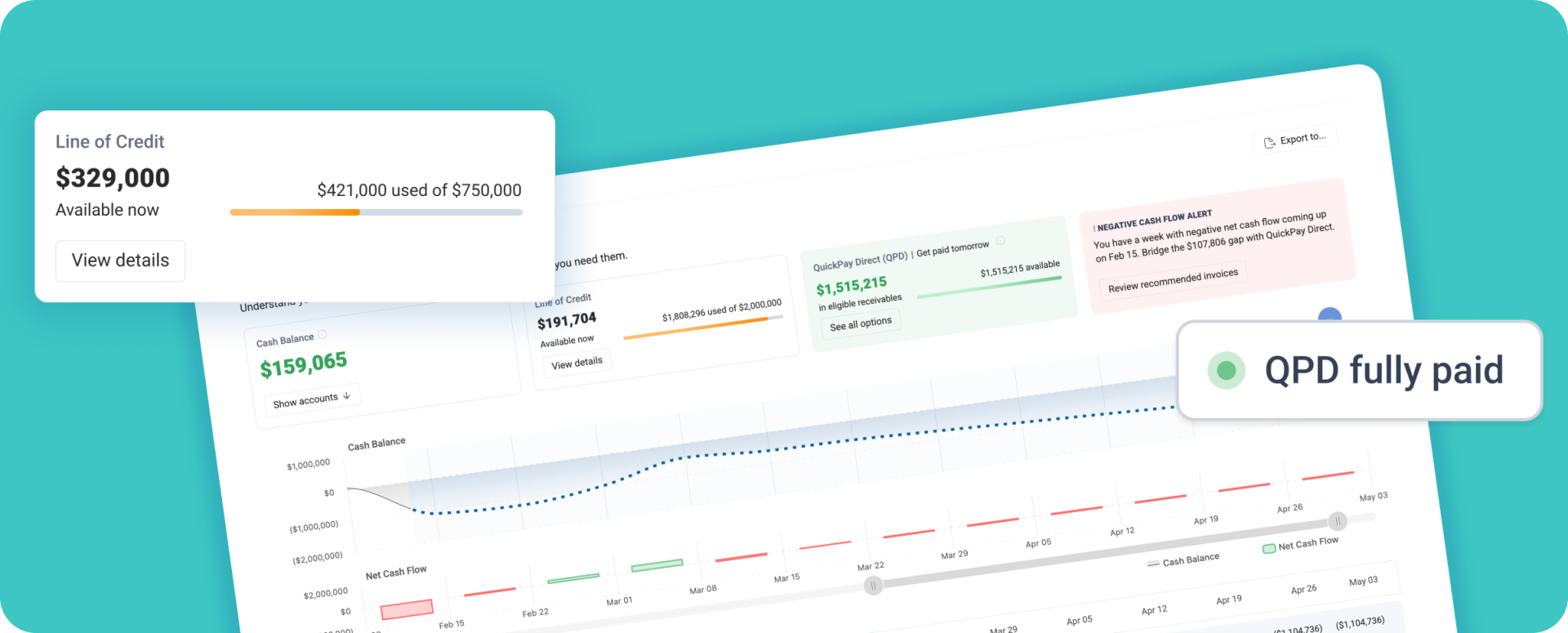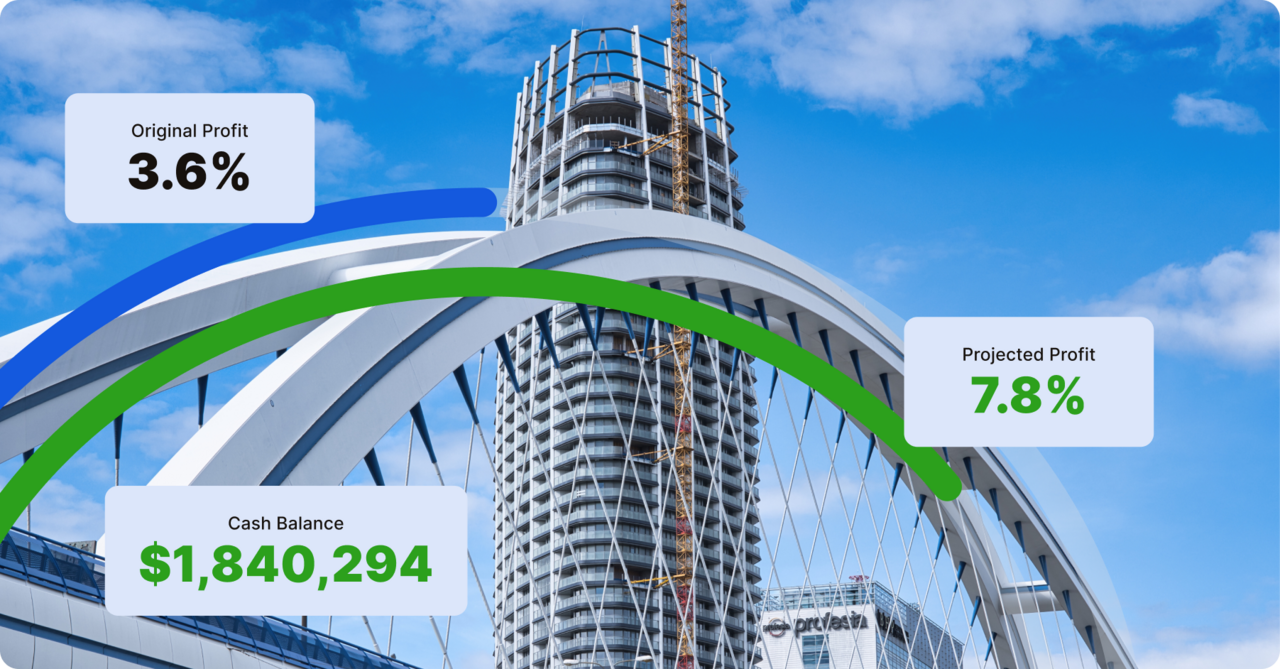Building Information Modeling (BIM) Data
Building Information Modeling (BIM) data is a comprehensive digital representation of a building in 2D or 3D format, providing critical insights into the physical and functional characteristics of a project. This data serves as a shared resource accessible to all stakeholders, including architects, engineers, contractors, and project owners, promoting seamless collaboration across the construction firm. By consolidating design specifications, material details, scheduling, and cost estimates into a unified model, BIM data facilitates effective communication and alignment among teams. Additionally, it allows for simulations and clash detection to identify and address potential conflicts before construction begins, significantly reducing the risk of costly delays and errors. Ultimately, BIM data empowers construction professionals to optimize workflows, enhance decision-making, and deliver projects that meet or exceed client expectations while also supporting sustainability and long-term maintenance strategies.
Operational project data encompasses all construction data related to the execution of a project, serving as a crucial resource for effective construction project management. Key aspects of this data include insights into resources, logistics, and productivity, allowing firms to assess the necessary materials, equipment, and labor required to successfully complete a job. For instance, detailed labor data helps managers allocate personnel efficiently, ensuring that the right skills are available at the right time. Logistical data, including Requests for Information (RFIs), submittals, and delivery schedules, plays a vital role in maintaining workflow and minimizing delays.
Capturing and analyzing this information on-site significantly enhances operational efficiency. Furthermore, daily reports and photographic documentation provide a record of progress and issues, aiding in communication and accountability among team members. By integrating punch lists to track incomplete work and address deficiencies promptly, construction managers can streamline project delivery. Additionally, having access to comprehensive financial data allows firms to accurately estimate the overall cost of a project, enabling better budgeting and financial planning by accounting for every aspect of the project.
Ultimately, robust operational project data equips construction managers with the insights they need to make informed decisions, optimize resources, and ensure successful project outcomes.
Financial project data encompasses all monetary aspects of a construction project, including the costs associated with labor, materials, equipment, and overhead. As a project progresses, managing these financial dimensions becomes increasingly critical. Effective financial data analysis provides the accounting team with a clear understanding of the project’s financial KPIs and its implications, allowing them to anticipate common roadblocks such as unexpected expenses or delays. By identifying these challenges early on, firms can implement more effective budgeting practices, reducing the risk of project postponements due to financial constraints. This shared financial insight enables project managers and finance teams to maintain a unified understanding of the budget, facilitating proactive decision-making and ensuring that necessary resources are allocated in advance of potential needs.
Financial project data includes essential sources such as financial statements, Work in Progress (WIP) reports, job cost forecasting, change orders, invoices, billings, collections, and payroll records. Together, these elements of construction data help firms maximize profitability, productivity, and safety throughout the project lifecycle. However, despite the wealth of useful data accumulated over time, many construction firms struggle with accessing advanced tools that integrate seamlessly with their existing systems.
Addressing this gap in technology is vital, as construction data represents a valuable resource that can drive efficiency and effectiveness from the project’s inception to its successful completion. By leveraging financial project data strategically, firms can enhance their operational capabilities and achieve better overall project outcomes.
ProNovos is committed to transforming the way contractors leverage construction data for project management. We develop financial intelligence tools that empower C-Suite executives, financial managers, and construction managers to harness complex data and turn it into actionable insights through intuitive dashboards and streamlined financial workflows. Our platform ensures that the right team members have access to the critical information they need to drive optimal outcomes.
As the construction industry increasingly embraces data-driven decision-making, ProNovos stands ready to support your journey. If you’re interested in exploring how our solutions can enhance your understanding of construction data and improve your project management processes, we invite you to schedule a demo with our team. We’ll guide you through the capabilities of ProNovos and demonstrate how easily it can integrate with your existing systems, helping you take control of your current and future projects. Let us show you the potential of your data to lead to more favorable project outcomes.




